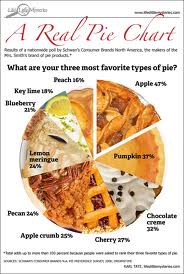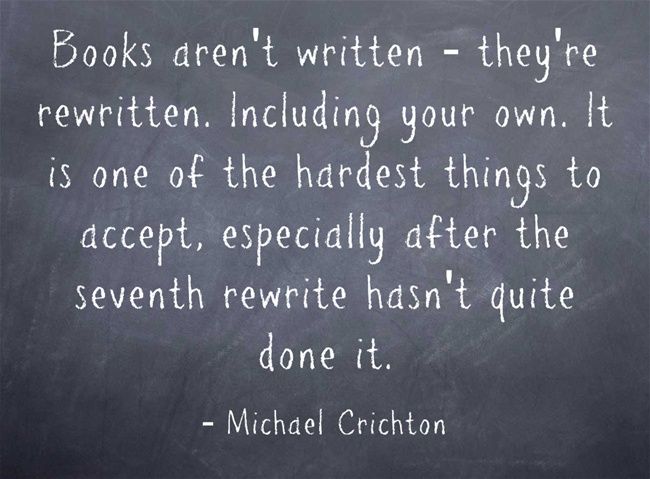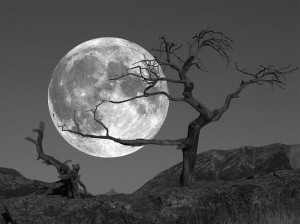People sometimes ask me to quantify how much time I spend in the different stages of the writing process. That’s a tough question.
If you held my favorite teddy bear hostage and forced me to answer, I’d say roughly 5% goes to Pondering and Mucking Around, 15% is spent Scribbling, 70% is Boiling Down The Bones, and 10% is figure out how to Craft Chords and Singing.
Let me explain that last 80%. It’s rather important. Other people call it Revision. I'm using more interesting language to prevent that awful allergic reaction some of you have when faced with the concept. This is how it works for me.
Boiling Down The Bones – After scribbling that hideous, but somehow lovable first draft, I usually have 300-400 pages of chaos. Sometimes it’s obvious what’s not working. I often have two minor characters who serve the same purpose in the story and thus can be melded into one, or I have set every scene in one of three locations and that is completely boring.
Sometimes I'm still uncovering my main character and the true, deep story of her life on the fourth or fifth draft. I know I'm getting close when I've thrown out a couple of hundred pages. That seems to be the amount of dreck that I must clear away before I can really get to work.
There is a simple trick for maintaining your focus through the months (or years) that books demand. Just ask "How can I make this better?" If the answer is that you cannot, that the book is perfection itself, put it aside for a few weeks and ask again, "How can I make it better?"
Starting that question with "How" is what forces you to examine the strengths and weaknesses of your story and be honest with yourself.
Crafting Chords – If you think of the scenes and conflicts in a book as musical notes, then you can imagine arranging and rearranging the notes into patterns and riffs until they make a song. That’s the most basic level of storytelling.
Your goal in revision is to find the layers within your story, the image systems that will unite subtext with text and give your story depth and richness
(HT to Robert McKee for the phrase “image systems” which I have borrowed from his book Story and the workshop of his that I attended with some writer buddies about 15 years ago.)
Singing – You’ve got chords now so you can sing! With your imagery in place, with your plot and character development in place, now you can really plunge into the vast ocean of language and come up with precisely the right words to elevate your prose to a new level.
Storytelling – Look at you! You wrote a book, or a short story or a poem! Put it away again, maybe for a month. No, even better, put it away for a full cycle of the moon and start working on your next project.
When the moon again reaches the fullness that it has that night, take out your manuscript again. Record yourself reading it out loud – every single word. A few days after that, carve out a day of uninterrupted time and listen to the recording while you follow along with the text version either printed out or on your computer screen. Take your time and listen to the book. Your ears will hear clunky passages and dialog that your eyes didn't pick up. Every time you hear something that doesn’t sound right, make a note on the manuscript. The next day, go through and fix all those tiny problem areas you found.
Tomorrow and Thursday I'll post more tried-and-true revision techniques.
Non-fiction prompt – Describe the absolute best thing that you want to have happen after you publish your book.
Fiction prompt – Your main character picks up a boy who is walking down the road during a snowstorm, not wearing a coat. When he gets in the car, your MC realizes that he's older than a boy, and there is something unsettling about his eyes…
Fifteen minutes spent writing today could change your life.
scribble… scribble… scribble…





